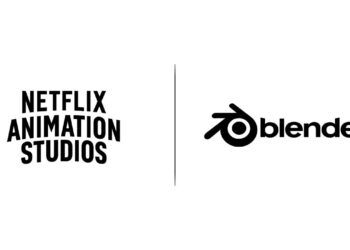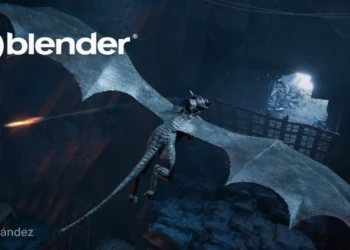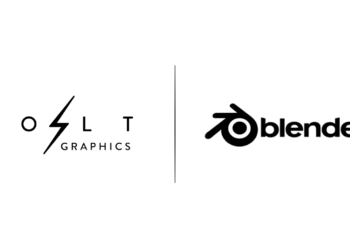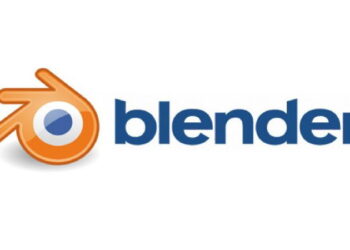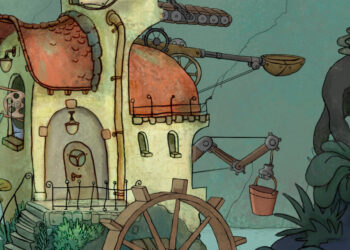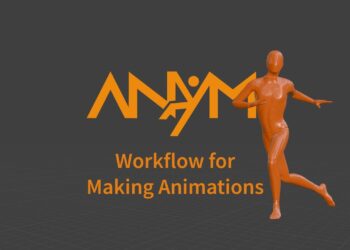Blender Foundation has created Blender Lab, its new innovation space designed to bring together designers, developers, and researchers working on experimental or forward-looking projects aimed at keeping Blender relevant in the years ahead.
Blender’s continued growth has led to greater technical complexity, making feature development and maintenance increasingly demanding. With stability and reliability now a primary focus, the foundation recognized the need for a dedicated space to encourage experimentation outside the regular release cycle. Blender Lab provides this environment, supporting work that involves technical challenges or novel ideas not yet ready for direct integration into Blender’s core software.
Projects under Blender Lab are publicly documented on blender.org/lab, where their objectives, timelines, and participants are listed, along with builds available for testing and feedback. Early lab initiatives include projects exploring new input methods such as touch, pen, and VR/XR interfaces, as well as technical areas like volume rendering and light transport. Future possibilities include USD authoring and applications of artificial intelligence and machine learning, starting with a Blender MCP server.
Blender Lab will focus primarily on applied research that can lead to tangible software development, though it will also support academic collaborations with universities and research institutions. The Blender Foundation will begin with a small number of selected projects, with further guidelines for participation to be developed throughout 2026.
The initiative was first proposed by Ton Roosendaal in 2018 but is now possible through growing community and corporate support. Further development of Blender Lab will depend on continued contributions to the Blender Development Fund.
For more information, visit blender.org.


